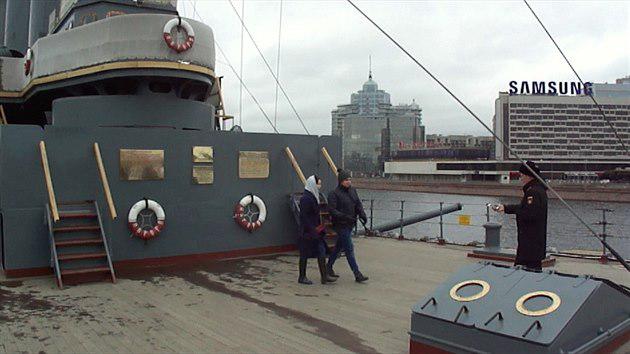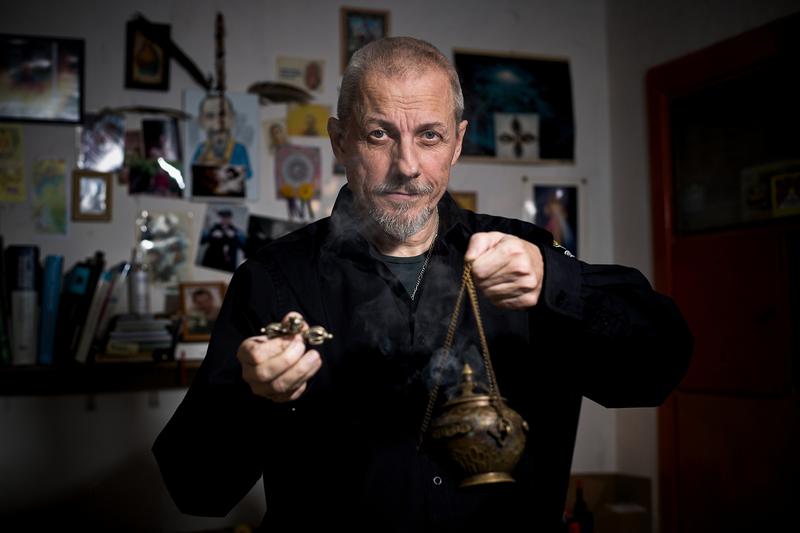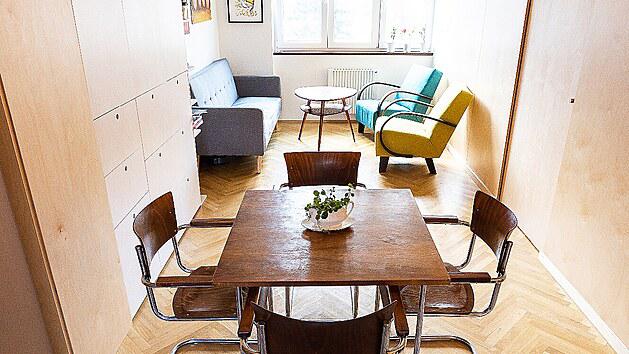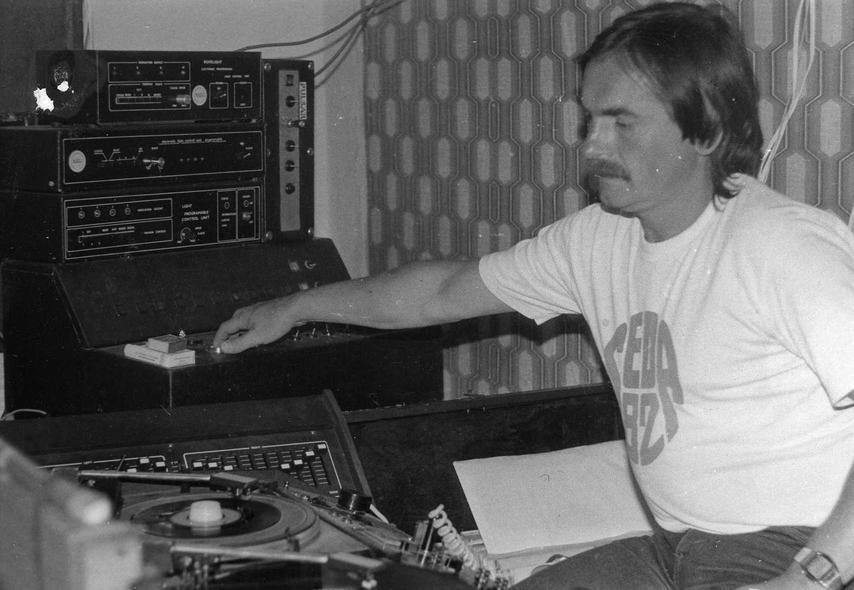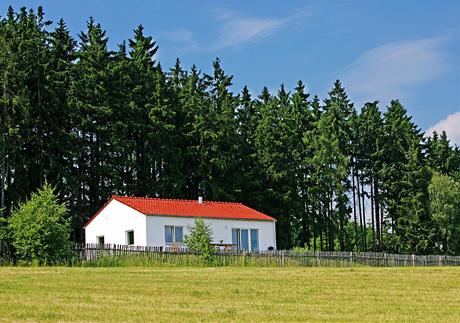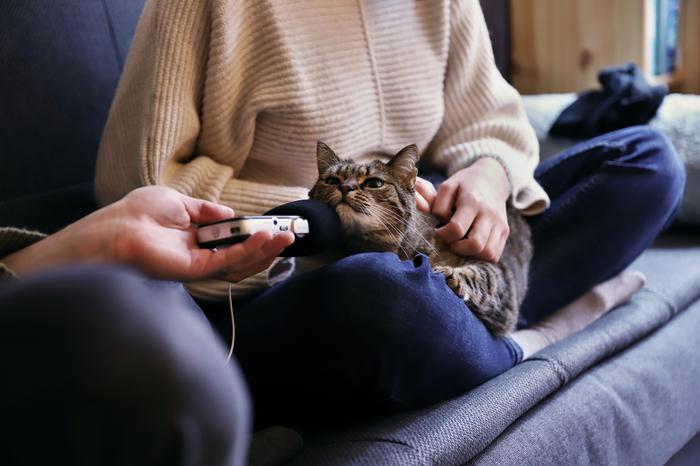
No other invention in the last 200 years has saved more lives than the toilet - National Geographic
Author: Editor / sed
18. 11. 2012On Monday, November 19, on World Toilet Day, we remember that 2.5 billion people do not have their own clean and hygienic toilet, about half of them have none at all. Most of these people live in sub-Saharan Africa and Asia, where People in Need also works on development projects.
Why is it good to have a toilet?
The lack of sanitary facilities worldwide contributes the most to the spread of diseases, especially diarrheal and respiratory diseases. Feces dry and are spread by air into water and soil. From there, the pathogens go directly to the plate. Thus, every year more than 2 million people die in developing countries as a result of poor hygiene and sanitation. “Everyone who uses the toilet should wash their hands. There must be a water source near the latrine. Either in the form of a barrel or pet bottle. Sanitation without hand washing is not effective," adds Jan Faltus, an expert in the field of water and sanitation from People in Need.
Toilet for a better budget
- Rural toilets in Ethiopia. Photo Archive ČvT
Illnesses are the reason why adults cannot go to work. Their working time is also shortened by the simple fact that they have to look for a suitable place to relieve themselves in private. All this is reflected in the family budget. In addition, sick children miss school and fall behind. The construction of latrines at schools also has a very positive impact on girls' school attendance. Without hygienically clean, safe and separate latrines, girls do not attend school during the five or so days a month when they menstruate.

| KISS TAYLOR: The Wealth of Nomads or When Camels Are Born Before My Eyes |
The same goes for female teachers. E.g. in India 23% of girls do not go to school during menstruation. About a tenth of girls stop going to African schools where there are no toilets at puberty. Without quality education, they have no chance for a better future. "At the same time, an educated woman has an invaluable contribution to the development of the country. She can take better care of herself and her children's health, which reduces infant mortality and postpones the age of first childbirth. Families then have fewer children and make a better living," explains Marie Hokrová from People in Need, who leads the Price of Water campaign, adding: "Girls who don't go to school for whatever reason are much more likely to end up working. This is often dangerous for their health, but also for their future."
Peeing only at night
Not having a toilet means not having privacy. Hundreds of thousands of people cannot go "to the bathroom" when they need to. They can only go when the conditions are right. For example, women in Afghanistan and other poor countries often wait until dark to defecate. But they can be ambushed at night, they are threatened by poisonous snakes and animals. During the day, these people without toilets often drink less and delay relief. And this has health consequences - for women, for example, urological and gynecological problems, which can later complicate childbirth, etc.
Solution? Shock treatment and domestic biogas plants
People in Need helps improve hygiene and sanitation in, for example, Ethiopia, Angola, Cambodia, Afghanistan or the Democratic Republic of the Congo. The basis is education - local people must want to build a toilet themselves. It is a status symbol and development projects also work with it. "They walk around the village and show themselves households that have nice latrines. They compare themselves to those who go out. The latrine is supposed to increase the feeling of civilisation. The tribal leader, the elder, has that toilet and doesn't have to hide in the bush. The toilet is the same symbol of wealth as when we have a Rolls-Royce parked in the garden," explains Jan Faltus.
- It is not only in schools that there must be toilets at the health center in the Congo. Photo Lucie Pařízková
However, "shock methods" are also used, which are successfully used by People in Need in Angola with the support of the Czech Development Agency and UNICEF. The organization's local workers show the communities very vividly how feces get into the water. "A group of people gather, the facilitator takes a glass, pours water into it and drinks. He passes it around, everyone drinks. Beautiful clear water. Then he takes a stick, scoops up a piece of human excrement with it and dips it into the glass. He offers water to people and of course no one wants to drink anymore. The facilitator tries to explain to the people that this is exactly the kind of water they drink, for example, from a puddle," Jan Faltus describes the method.
Building toilets is also part of projects that focus, for example, on livelihoods. In Cambodia, People in Need is helping to build domestic biogas plants. A simple underground structure converts pet droppings and toilet waste into methane gas. Families then use it for cooking and lighting. "When I took out a loan, I decided to build a new toilet right away. It takes the waste directly to the biogas plant. I don't have to worry about pet feces and toilet contents getting into the drinking water," says Cambodian farmer Kimsan Hom from Takeo province. Another product of the biogas plant is a very effective, healthy fertilizer that can improve the harvest.
(Source: www.worldtoiletday.org, www.unwater.org) |
The project was supported by funds from the Czech Development Agency and the Ministry of Foreign Affairs of the Czech Republic as part of the Czech Republic's Foreign Development Cooperation Program. More information at www.rozvojovka.cz and www.facebook.com/Rozvojovka.
Author: People in Need
Introductory photo: Makeshift toilets in a Somali refugee camp in southern Ethiopia. Photo archive of ČvT

